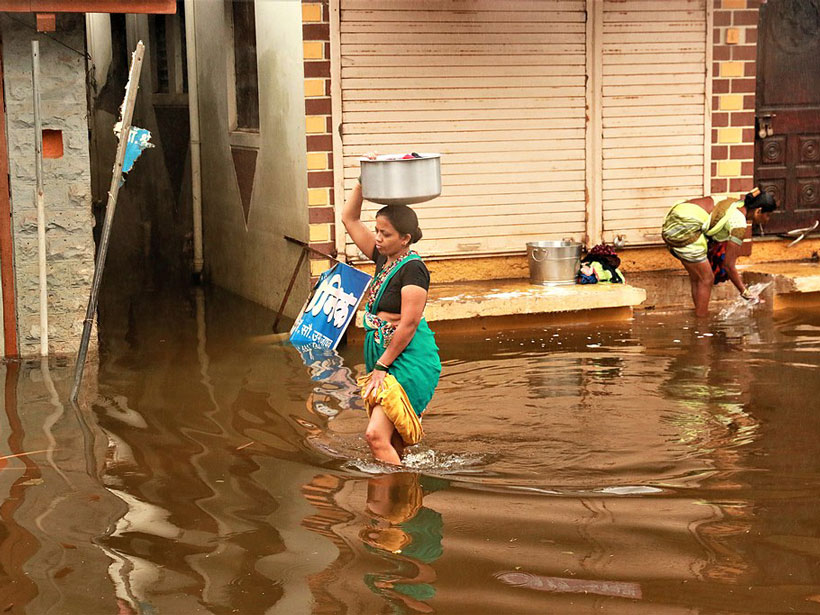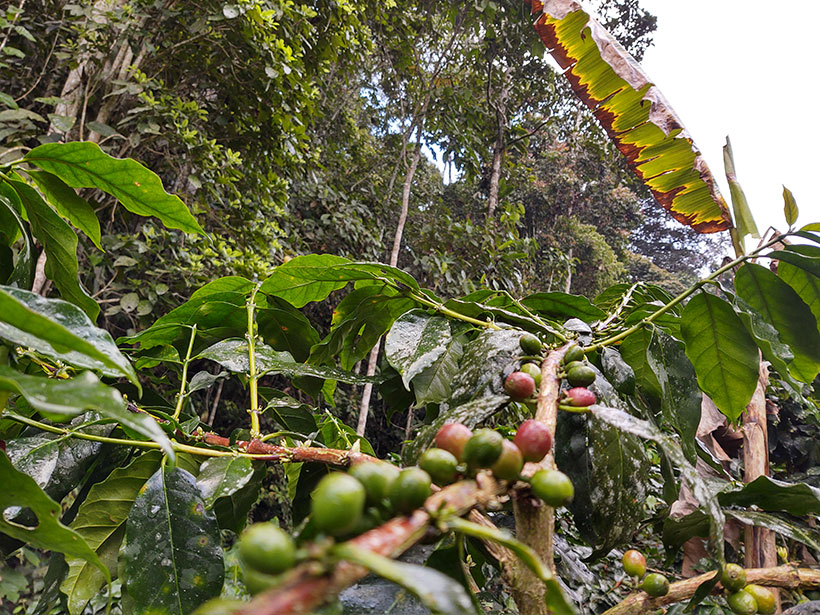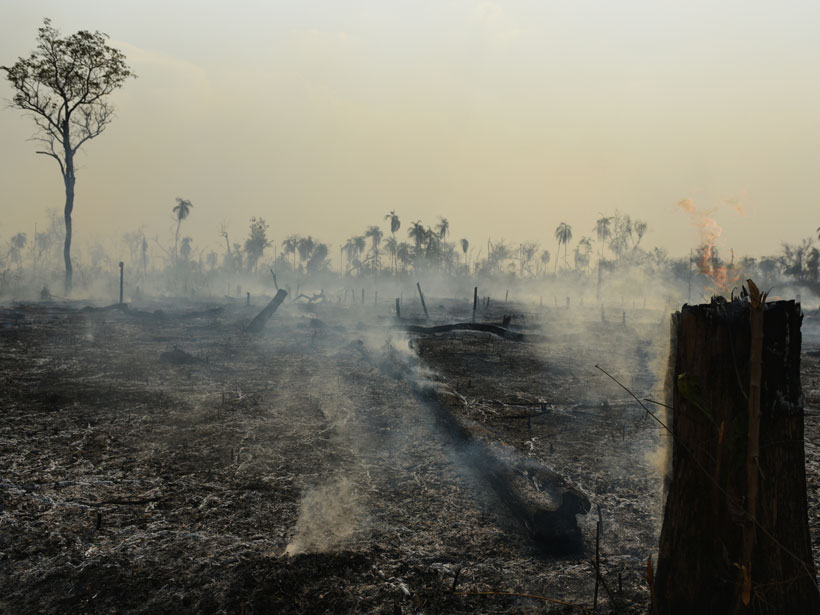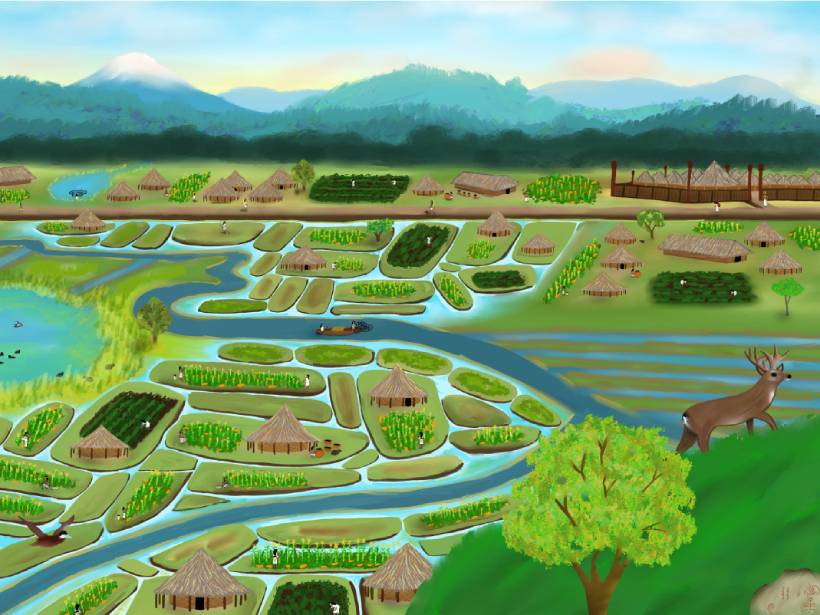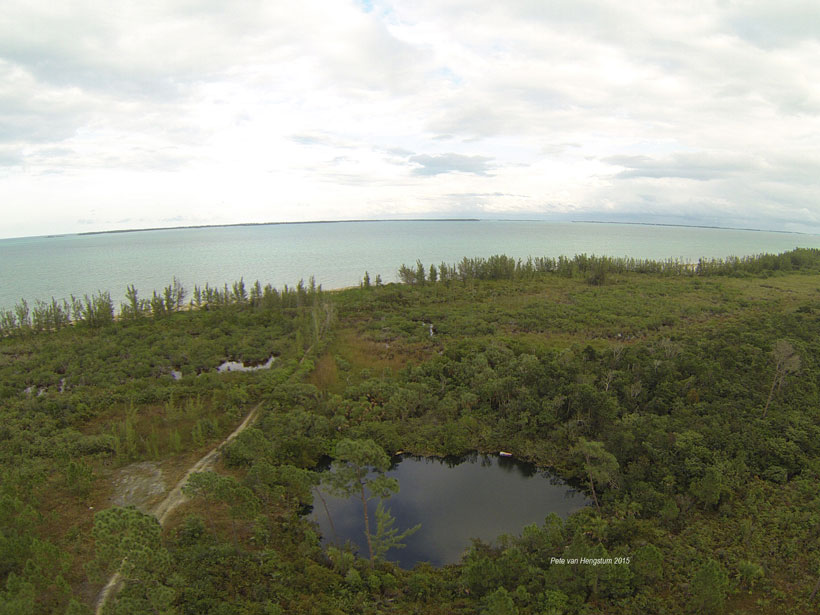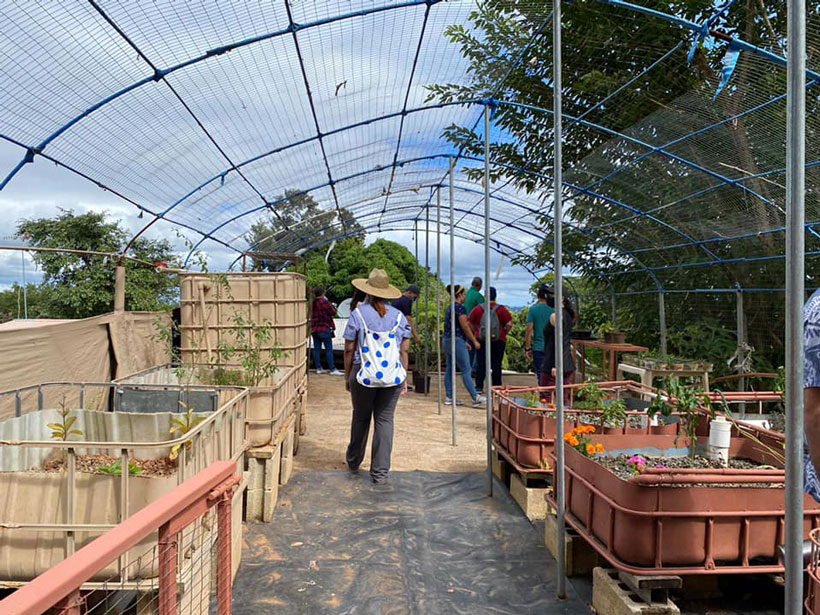One state in India shows how policies that give women access to better resources has a real impact on mortality.
News
Noctilucent Clouds Light Up Northern Germany
A shift in the tropopause jet may have triggered the unusual number of high-altitude clouds that briefly appeared in the early summer of 2019.
Ocean Sensors Record Rare Triple Tsunami near New Zealand
A new suite of DART buoys in the South Pacific Ocean spotted waves set in motion by three tsunamigenic earthquakes that occurred within hours of one another.
A Warming World Threatens Colombia’s Coffee Future
Colombia is the second-largest producer of Arabica coffee, but changing climate, soil, and precipitation patterns are already altering the harvest volume, production techniques, and even the taste of coffee.
The Rain Forest Can Recover After Fire, but It’s Not the Same
New research finds that temperatures rise in the Amazon rain forest after a fire, even in areas that are not converted to agricultural land or pastures.
Fotografías aéreas revelan un complejo sistema hidráulico Indígena en Bogotá
Los complejos sistemas hidráulicos construidos por los Muisca ayudaron a desarollar los vibrantes humedales urbanos de la capital de Colombia.
A Massive Methane Reservoir Is Lurking Beneath the Sea
Scientists have found a methane reservoir below the permafrost seabed of the Laptev Sea—a reservoir that could suddenly release large amounts of the potent greenhouse gas.
Early Inhabitants of the Bahamas Radically Altered the Environment
Clues in sediments show that once humans arrived on Great Abaco Island, they hunted large reptiles to extinction and burned the old hardwoods and palms, leading to new pine- and mangrove-dominated lands.
What Happens When Six Sea Turtles Go Rogue
In a study of more than 200 sea turtles, researchers were surprised by six turtles that went their own way.
Puerto Rico Adapts to a Changing, Challenging Environment
The Caribbean is ground zero for some of the biggest impacts of climate change today. Puerto Ricans are building innovative initiatives to protect and prepare their communities for what’s next.

